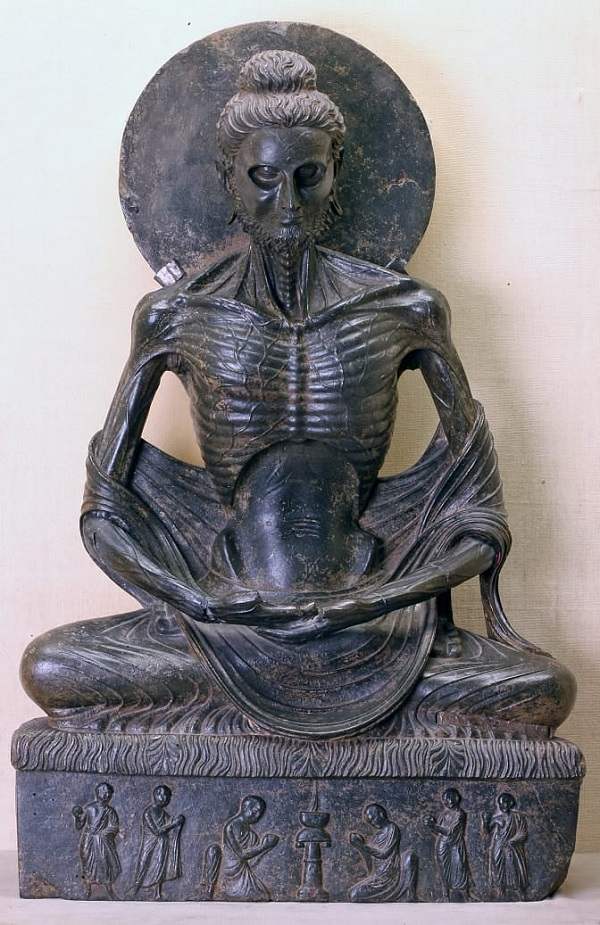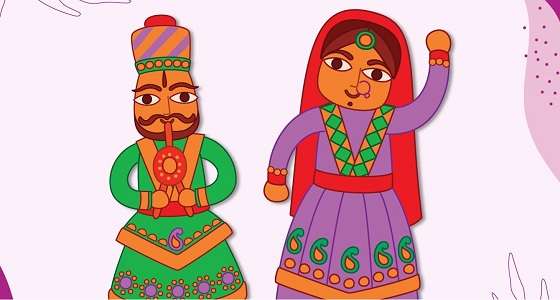In ancient India, the Shramana movement was a non-Vedic movement that existed before the advent of Vedic Hinduism in its original form. The Shramana tradition gave rise to the ideas of Samsara (the cycle of birth and death) and moksha (enlightenment-liberation from that cycle), along with Jainism, Buddhism, and yoga.
Shramanism was a free-thinking stream that ranged from materialism to spirituality, one of the three aspects of this philosophy, emphasizing thought, hard work and discipline. As Brahmanism, which derived its philosophical origins from Mimamsa, was one of the other two.
The third and most popular strand of Indian philosophical thought is Bhakti or theism, which is founded on the concept of God as it is known in most parts of the world.

The Shramanas saw the world as full of suffering (dukka). They practiced non-violence and severe penance in Forest. They believed in karma and moksha and considered rebirth undesirable.
The Vedas, on the contrary, believe in the efficacy of rituals and sacrifices as a major part of it, but the Shramana culture has been based on contemplation.
Vedic rituals had privileged the Brahmin and Kshatriya classes but this did not happen in the Shramana culture.
In Vedic culture, improving one’s life by pleasing God by offering Yajna was considered a major part of Karma, whereas in Shramana culture, knowledge and experience were given priority.
That’s why Buddha directly contradicts Vedas and almost Jainism also believed the same.
Beliefs and Concepts of Sramana Philosophy:
- Denial of creator and omnipotent Gods
- Rejection of the Vedas as revealed texts
- Affirmation of Karma and rebirth, Samsara and transmigration of Soul.
- Affirmation of the attainment of moksa through Ahimsa, renunciation and austerities
- Denial of the efficacy of sacrifices and rituals for purification.
- Rejection of the caste system
Jainism and Buddhism are the two main schools philosophies that have continued in India since ancient times.
This article is compiled from authoritative sources like certified books, expert notes etc. Definitely it is useful for civil service exam and other exams.

About the Author
Manish love to write for people and he is a Civil Servant. Users can follow Manish on Instagram 
The Ganges river dolphin (Platanista gangetica)
The Ganges river dolphin, formally known as Platanista gangetica and colloquially known as the “Tiger…
क्या होता है शीतकालीन संक्रांति [Winter solstice]
21 या 22 दिसंबर को उत्तरी गोलार्ध में शीतकालीन संक्रांति (Winter solstice) होती है। उत्तरी…
राजस्थान की कला और संस्कृति : संक्षेप में
राजस्थान, उत्तर-पश्चिमी भारत का एक राज्य, अपनी समृद्ध और जीवंत कला और संस्कृति के लिए…
कैस्पियन सागर समुद्र और झील दोनों क्यों है?
कैस्पियन सागर (Caspian Sea) पांच देशो के तटों को जोड़ता है या सीमाओं से लगता…
अन्तर्राष्ट्रीय परमाणु ऊर्जा अभिकरण (IAEA kya hai) -FAQs
अन्तर्राष्ट्रीय परमाणु ऊर्जा अभिकरण (International Atomic Energy Agency – IAEA) एक ऐसी अंतरराष्ट्रीय संस्था है…
आदर्श आचार संहिता (Model Code of Conduct) [UPSC GK]
आदर्श आचार संहिता (MCC – Model Code of Conduct) मानदंडों का एक समूह है जो…





